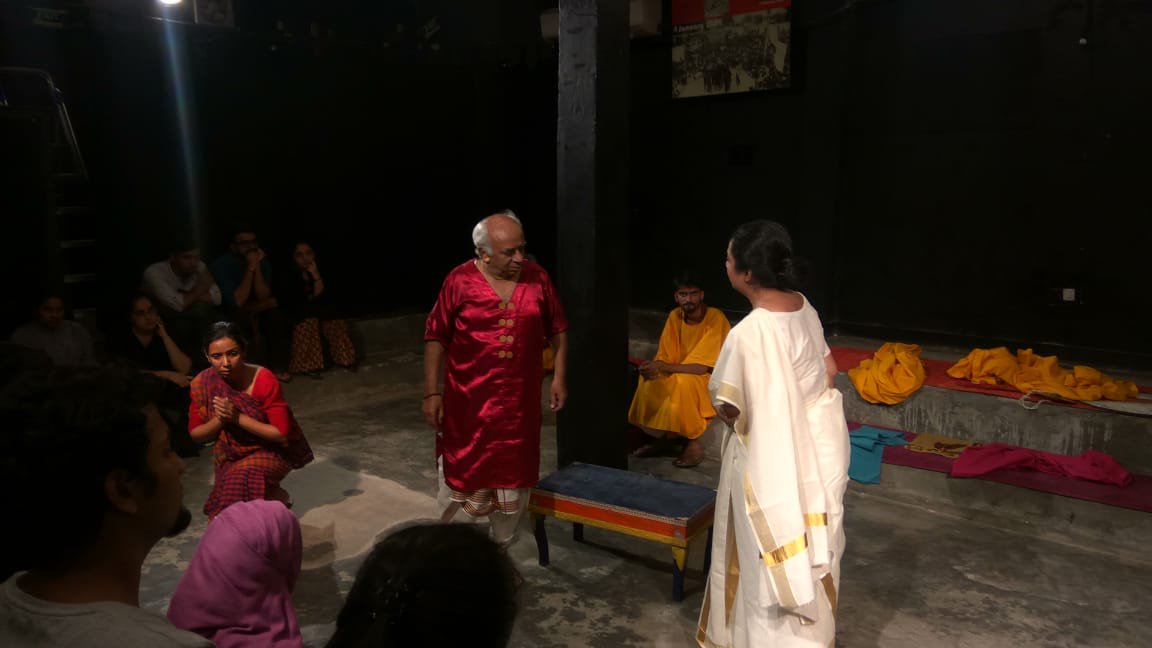There has recently been spotlight on a bunch of unlikely theater enthusiasts – Mumbai Police. They have been seen gatecrashing theater venues (without tickets), watching entire plays but strangely, leaving without attending the question answer session afterwards. The raison d’être for such unusual interest seems to be, well, ‘national security’ (anti-climax). As we tried to make sense of this sudden spike in the dramatic arts, playwright Ramu Ramanathan emerged dramatically from State Archives and spoke to us, oracle like, revealing an age old relationship between theater and state censorship in Maharashtra that we mortals, didn’t know existed. You can hear the revelation here.

The podcast takes a panoramic view on the early years of laws and discussions on censorship of theater and contains delightful (ominous?) small nuggets that paint a picture not unlike the times we are living in. Like the deliberations on the Dramatic Performances Bill 1876 where theater was deemed detrimental to the prestige and character of the British rule in India (does this rings a bell ?). Or how the traveling theaters of 1875 achieved enough popularity for the British Government to take note and depute policemen to watch the plays and report back (a bell is surely ringing somewhere!) and how dramatic performances accompanied public Ganpati celebrations and the fervor they caused with young people memorizing lines, enough to cause consternation in official circles.
